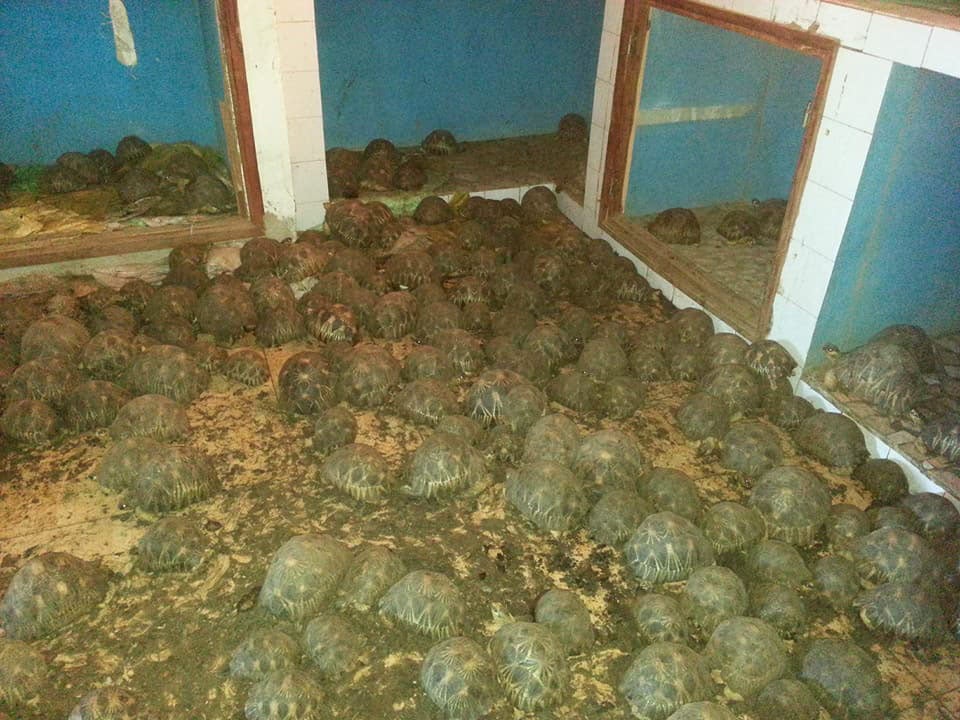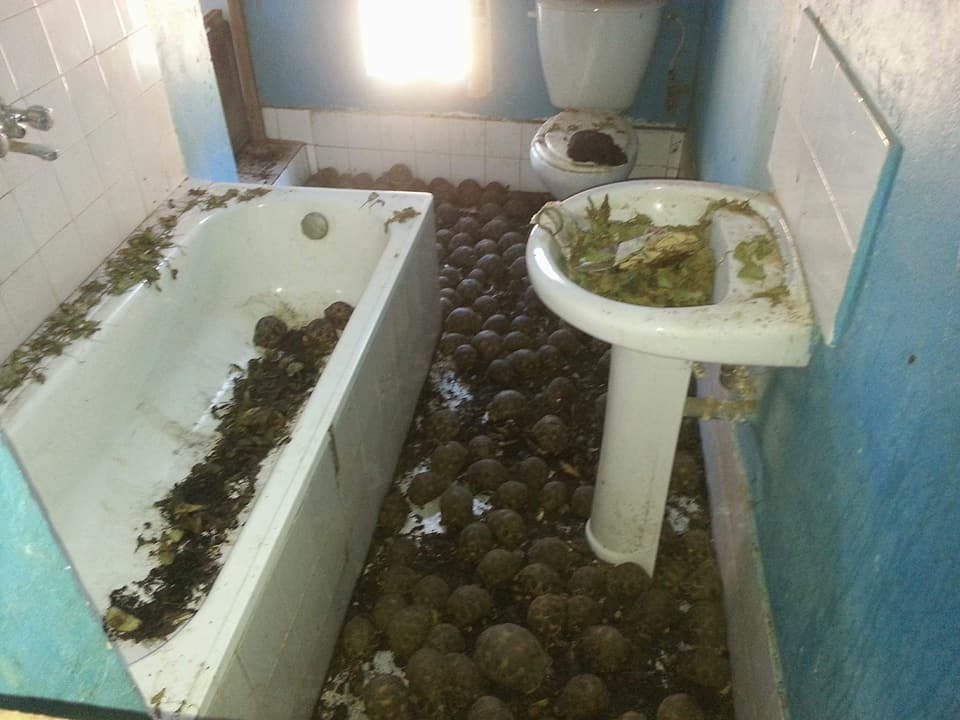Thousands of endangered tortoises found in two-storey house in Madagascar
Reptiles 'in the bathroom, the kitchen, everywhere', says environmental agency head

Your support helps us to tell the story
From reproductive rights to climate change to Big Tech, The Independent is on the ground when the story is developing. Whether it's investigating the financials of Elon Musk's pro-Trump PAC or producing our latest documentary, 'The A Word', which shines a light on the American women fighting for reproductive rights, we know how important it is to parse out the facts from the messaging.
At such a critical moment in US history, we need reporters on the ground. Your donation allows us to keep sending journalists to speak to both sides of the story.
The Independent is trusted by Americans across the entire political spectrum. And unlike many other quality news outlets, we choose not to lock Americans out of our reporting and analysis with paywalls. We believe quality journalism should be available to everyone, paid for by those who can afford it.
Your support makes all the difference.Police have discovered more than 10,000 critically endangered tortoises in a two-storey house in a southwestern town in Madagascar.
The animals, which are believed to have been poached, were found tightly packed across the floors in the building, surrounded by their excrement.
Authorities said the house contained 9,888 live radiated tortoises, a rare species native only to Madagascar and 180 dead ones.
“You cannot imagine. It was so awful,” Soary Randrianjafizanaka, the regional head of Madagascar’s environmental agency, told National Geographic. “They had tortoises in the bathroom, in the kitchen, everywhere in the house.”
Rescuers took the animals to Village Des Tortues, a wildlife sactuary in Ifaty, 18 miles from Toliara,


One week after the discovery, 574 tortoises had died from either dehydration or infection. The remaining reptiles were likely to remain in captivity, according to Turtle Survival Alliance, which is helping with the rescue effort.
Known for the distinct black and yellow star-like pattern on their shells, radiated tortoises are sought after by collectors around the world.
One of the creatures is worth around £600,000.
Removing radiated tortoises from woodlands in Madagascar is an offence and their trade is banned under the Convention on International Trade in Endangered Species of Wild Fauna and Flora.
The radiated tortoise was once one of the most common animals found in the forests in the south of Madagascar.
But it is estimated the population has at least halved in the last five years, from around 6.5 million to 3 million.
Droughts, political turmoil and an enduring economic crisis have been blamed for the uplift in poaching.
Join our commenting forum
Join thought-provoking conversations, follow other Independent readers and see their replies
Comments